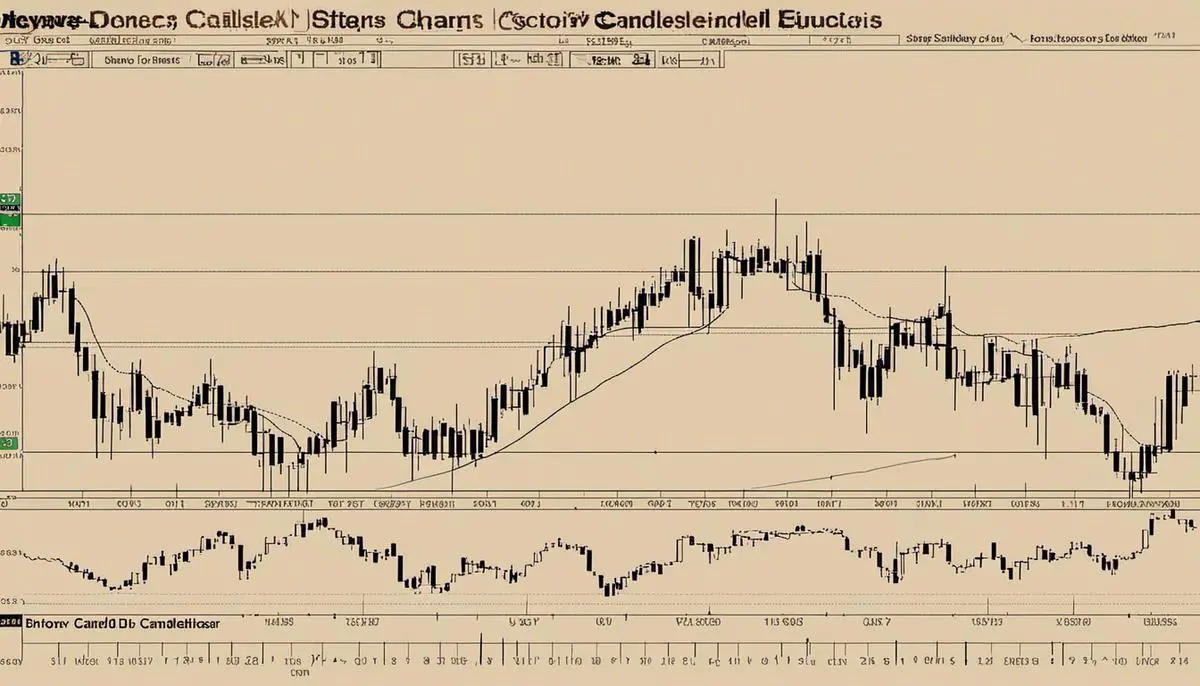First things, first. Foreign currency trading, or Forex, is no longer the domain of professionals. That all started changing in the mid-nineties, especially with the advent of the Internet. Now, many part-time traders are finding success in Forex.
Today, anybody with the guts, the gumption, and of course loads of discipline, can decide to start dealing in retail Forex – dealing in the exchange rate of currencies of various nations across the world.
Some highlights of the Forex market for part-time traders:
- Individual accounts on the exchanges are easily accessible.
- These could be minimum balance or even zero balance accounts.
- There are accounts that place no limits on the size of transactions.
- You can trade around your work schedule, because the Forex market is open 24 hours a day.
- There are very little or no commissions for Forex trading.
Many experts in the trading business, straddling both the stock markets and Forex markets, are of the opinion that the latter is much easier to manage, especially for part-time operators.
For one reason, there are far less currency pairs to watch than the multitude of stocks to choose from – making Forex trading somewhat less demanding in terms of the analysis needed to make informed trading decisions.
In addition, far less emphasis is placed on fundamental analysis by Forex traders (unless you are a news trader). These two benefits, among others, are a real plus for part-timers – who have less time to spend on analysis.
What it Takes to be a Successful Part-Time Forex Trader
A common thread between full-time and successful part-time Forex traders is knowledge, trading technique, and the psychological discipline that govern the trader and each trade he or she makes.
Part-timers and full-time traders alike need knowledge of how proper money management works. They need to have knowledge of the kinds of spreads and commissions (if any) to factor into their position sizing. Among other things, they also need knowledge of how get the most out of their trading platform.
No trader will win in the long term without a profitable trading system. Not using a proven trading system is one of the easiest ways to lose money and confidence in one’s trading abilities. It is important to be proficient in least a few trading techniques that have been tested to be profitable, and follow specific rules for executing them.
One of the most important aspects of profitable trading is having great psychological discipline. It’s easy to get emotionally caught up in trading, especially considering that even the best traders in the world lose trades regularly.
Having the discipline to stay out of the market when you are performing poorly – as opposed to trying to “get your money back” – is key. Among other things, poor psychological discipline can also lead to price chasing, exiting profitable trades too early, and taking trades that aren’t in your proven trading plan.
Another thing that most successful part-time and full-time traders have in common is discipline in keeping meticulous records of their trading efforts – good or bad. Trading is a performance based business, and trade tracking is one of the most important tools a trader can use to improve his or her performance.
Typically, a simple trading journal is enough to start with. Many traders make their own trading journals with Microsoft excel, including the currency pair, price, profit/loss, time of day/session, chart time-frame, trading technique used, etc….
Reviewing and analysing your trades should become a weekly routine, if you plan to improve your trading performance over time. As you realize the importance of trade tracking and demand deeper analysis of your trading performance, you may eventually want to purchase a more robust journaling solution, such as Trading Journal Spreadsheet.
Learning to be a Successful Trader?
Much of the knowledge and techniques needed to trade successfully can be found for free on the Internet – on blogs like this one and on trading forums. The problem is that much of the free information available is junk, and hasn’t been tested for long term profitability. There are some real gems freely available online (like the price action course on this site), however good information is few and far between.
Consequently, many new traders opt to purchase a trading system from a more experienced trader. Again, many of these “expert” systems are junk as well. Just because someone is selling their system doesn’t mean that it will be profitable for you.
Note: To prove my point, I’ve tested over 100 trading systems at this time. Only 3 of them were profitable! Of all of those DTFL is the only Forex trading system that I can recommend. See my full review for details.
Most good trading teachers recommend demo trading until you can prove to yourself that your trading system is profitable in the long term. Most brokers offer demo accounts for MetaTrader 4 or their own proprietary platform. While demo trading, you should also practice keeping your trading journal.
Once you’ve proven (through demo trading) that you can be successful with your chosen trading system and money management techniques, you should begin to trade a live account. Trading real money is psychologically different than trading a demo account, so you should start trading the smallest position size available at first. Work your way up to a reasonable percentage per trade (most experts recommend 1-2%), after you have become comfortable trading with your hard earned money.
Final Thoughts
If you follow the steps mentioned above, you have a good chance of becoming a successful Forex trader, whether you are a part-time trader or want to eventually trade full-time. Consider these final points.
Volume and volatility are what drives the Forex markets around the world. While high volume means that lots of currency pairs are being bought and sold, high volatility means that currency pair prices are moving fast and furious. Most trading techniques work best when the market is active and moving, and this one reason that many traders are drawn to the Forex market.
Earlier I explaining that Forex is a 24-hour market, and because of that fact, you can take trades around your work schedule. You should also know that not every trading session is created equal. Although the market is open 24 hours a day, the market is not always active and moving.
There are 2-3 trading periods in the Forex markets around the globe which are fast and furious. These are the best times to be actively participating. The most active Forex trading period is when the US markets are opening and the European market is shutting down. There is a 4 hour overlap of trading in both markets. This trading period is often referred to as the “power hours.”
Most part-time traders in America are making their way to their day jobs during that period, but there are other opportunities to trade. It takes some time to learn which trading methods work for you and in which sessions, especially if you are a part-time Forex trader.
Most losing traders never put the whole program together, and instead focus too much on one aspect of the whole picture. As long as you start with a good trading system, track your trades, manage your risk properly, and continue to work on your psychological discipline, you have a great chance of profiting in the Forex market – part-time or full-time.





